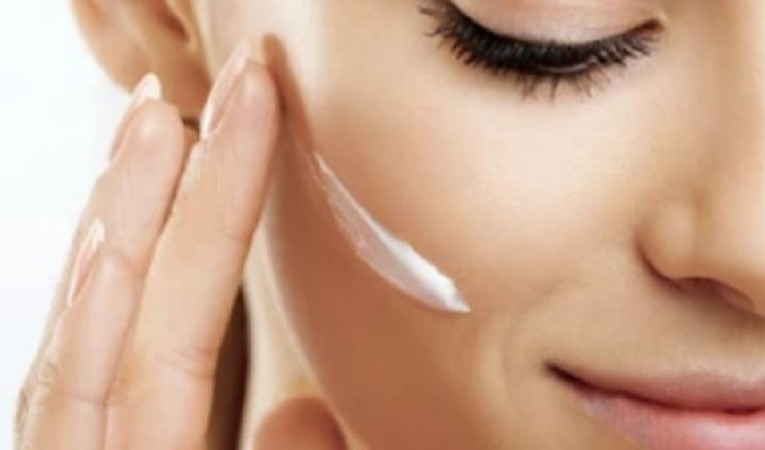
Incorporating sunscreen into your skincare routine is paramount due to the harmful effects of ultraviolet (UV) rays from the sun. These rays penetrate deep into the skin, causing damage from within. To protect against these UV rays, applying sunscreen is strongly advised. However, there are varied opinions on using sunscreen, with some believing it darkens and dulls the skin. But is this truly the case? Let's delve into whether sunscreen indeed darkens the skin and the correct method of application.
Understanding UV Radiation
UV radiation consists of UVA and UVB rays. UVA rays penetrate deep into the skin, causing long-term damage such as wrinkles, sagging, and age spots. On the other hand, UVB rays primarily affect the skin's surface, leading to sunburns and contributing to the development of skin cancer. Both types of UV radiation can wreak havoc on your skin's health and appearance, emphasizing the importance of sunscreen as a preventive measure.
Debunking Sunscreen Myths
Despite its proven benefits, sunscreen has been the subject of various myths and misconceptions. One common myth is that sunscreen causes the skin to darken or become dull. However, this is not true. Sunscreen itself does not darken the skin; instead, certain formulations may leave a temporary white cast upon application. This effect is only temporary and does not cause any long-term darkening of the skin.
The Science Behind Sunscreen
Sunscreen works by either absorbing or reflecting UV radiation. Chemical sunscreens contain organic compounds that absorb UV rays, while physical sunscreens contain minerals like zinc oxide and titanium dioxide that reflect UV rays away from the skin. The white cast often associated with physical sunscreens is a result of these minerals forming a protective barrier on the skin's surface. This barrier helps shield the skin from UV radiation, reducing the risk of damage.
Choosing the Right Sunscreen
Selecting the right sunscreen for your skin type and needs is crucial. If you have oily or acne-prone skin, opt for oil-free or non-comedogenic formulas to prevent breakouts. Those with sensitive skin should choose sunscreens labeled as "gentle" or "for sensitive skin" to minimize irritation. Additionally, look for broad-spectrum sunscreens that protect against both UVA and UVB rays for comprehensive protection.
Proper Application Technique
The key to effective sunscreen application lies in the technique. Start by cleansing your face to remove any dirt, oil, or debris that may interfere with sunscreen absorption. Follow up with a moisturizer to hydrate the skin and create a smooth base for sunscreen application. Allow the moisturizer to fully absorb before applying sunscreen to ensure maximum effectiveness.
When applying sunscreen, use a generous amount to cover all exposed areas of the skin, including the face, neck, ears, and any other exposed areas. Massage the sunscreen into the skin using gentle, circular motions until fully absorbed. Remember to reapply sunscreen every two hours, especially if you're swimming or sweating, as water and sweat can diminish its effectiveness.
Additional Sun Protection Measures
While sunscreen is an essential part of sun protection, it should not be your only line of defense. Wear protective clothing, such as hats, sunglasses, and long-sleeved shirts, to shield your skin from direct sunlight. Seek shade whenever possible, particularly during peak sun hours between 10 a.m. and 4 p.m. Additionally, avoid tanning beds and sunlamps, as they emit harmful UV radiation that can damage your skin.
In conclusion, sunscreen is a vital component of any skincare routine, offering protection against the harmful effects of UV radiation. By understanding how sunscreen works, choosing the right formula for your skin type, and applying it correctly, you can safeguard your skin against premature aging, sunburns, and skin cancer. Remember to reapply sunscreen regularly and complement it with other sun protection measures for comprehensive sun protection. With consistent use, sunscreen can help keep your skin healthy, youthful, and radiant for years to come.
Leave These Habits Today: They're the Reason for Relationship Breakups
Are There Marks on Your Nose Due to Glasses? Here's How to Get Rid of Them
Start chewing these small green leaves in summer, you will get benefits from weight loss to diabetes